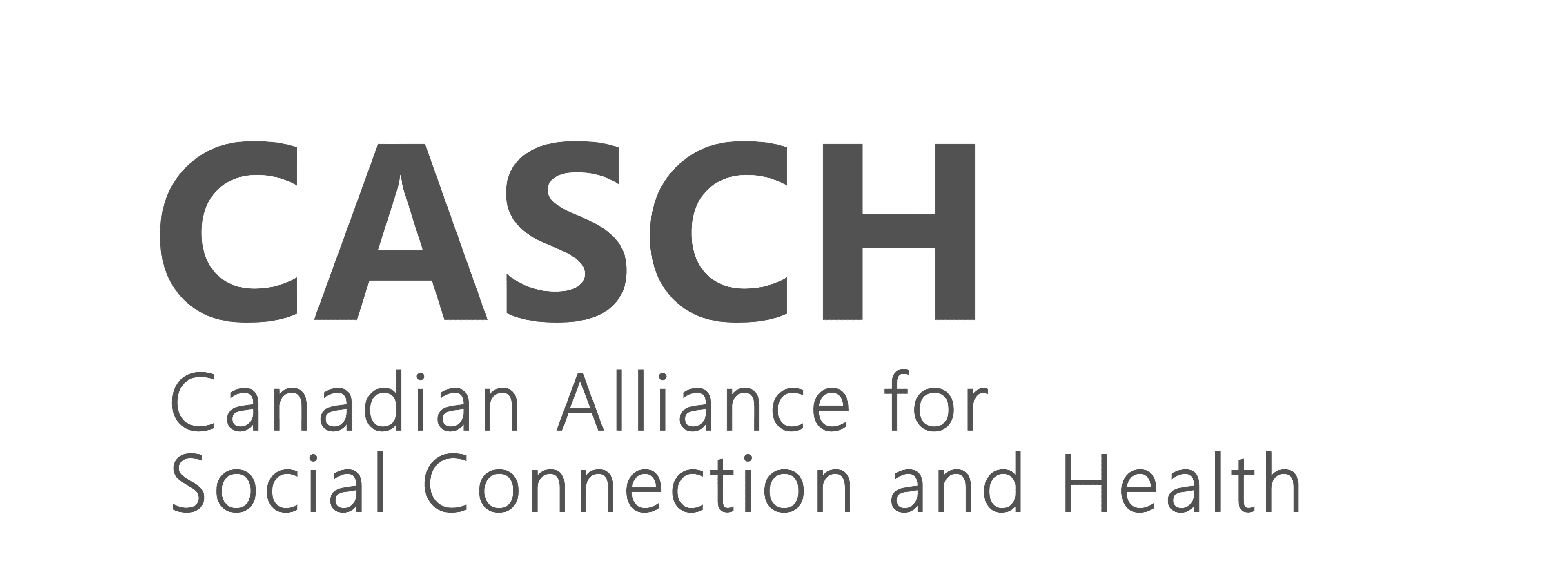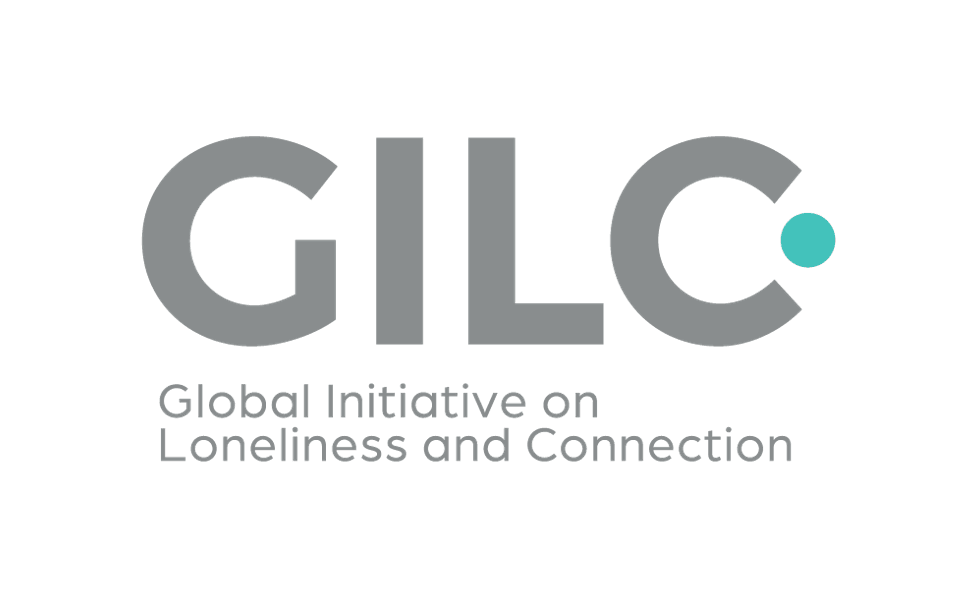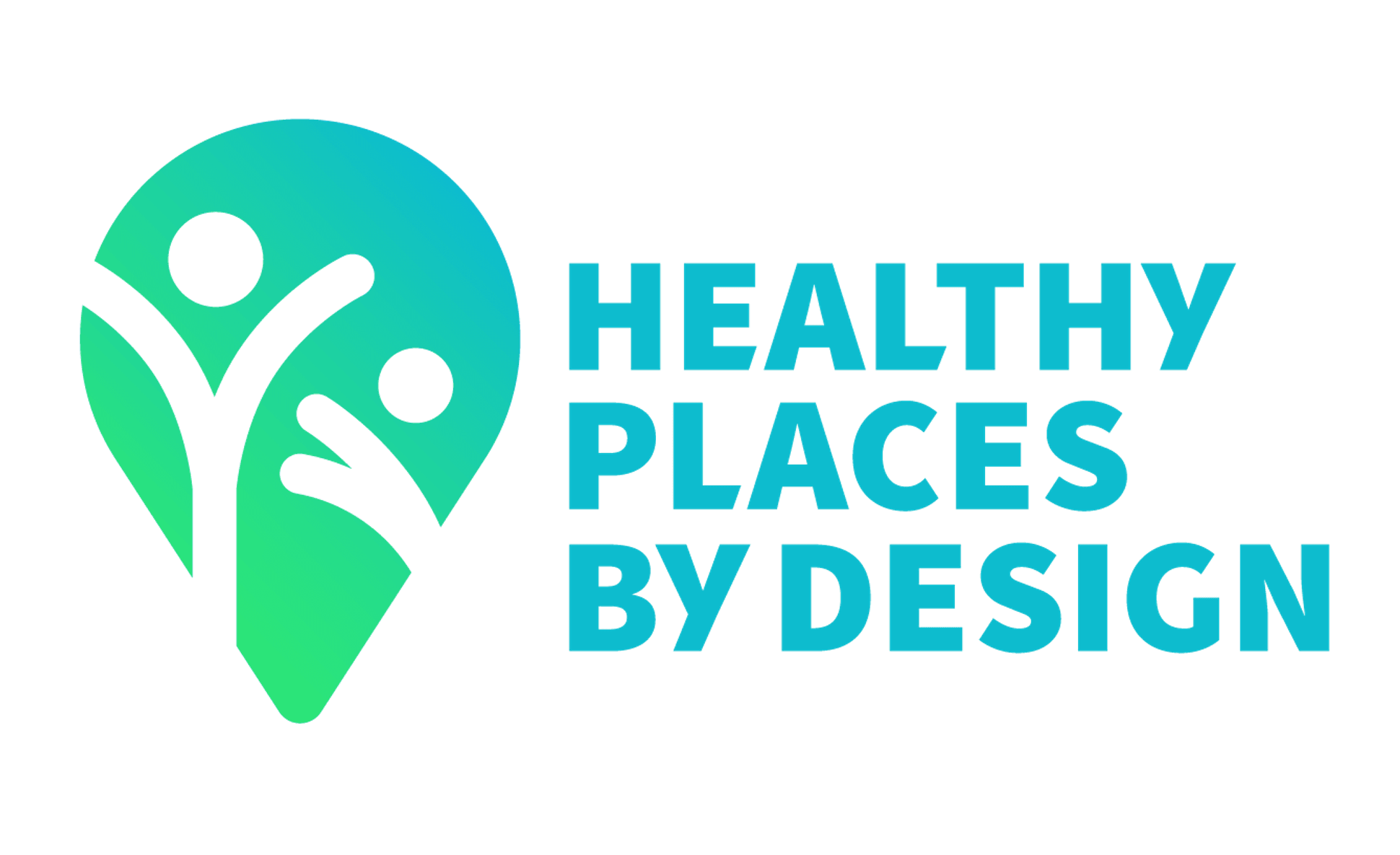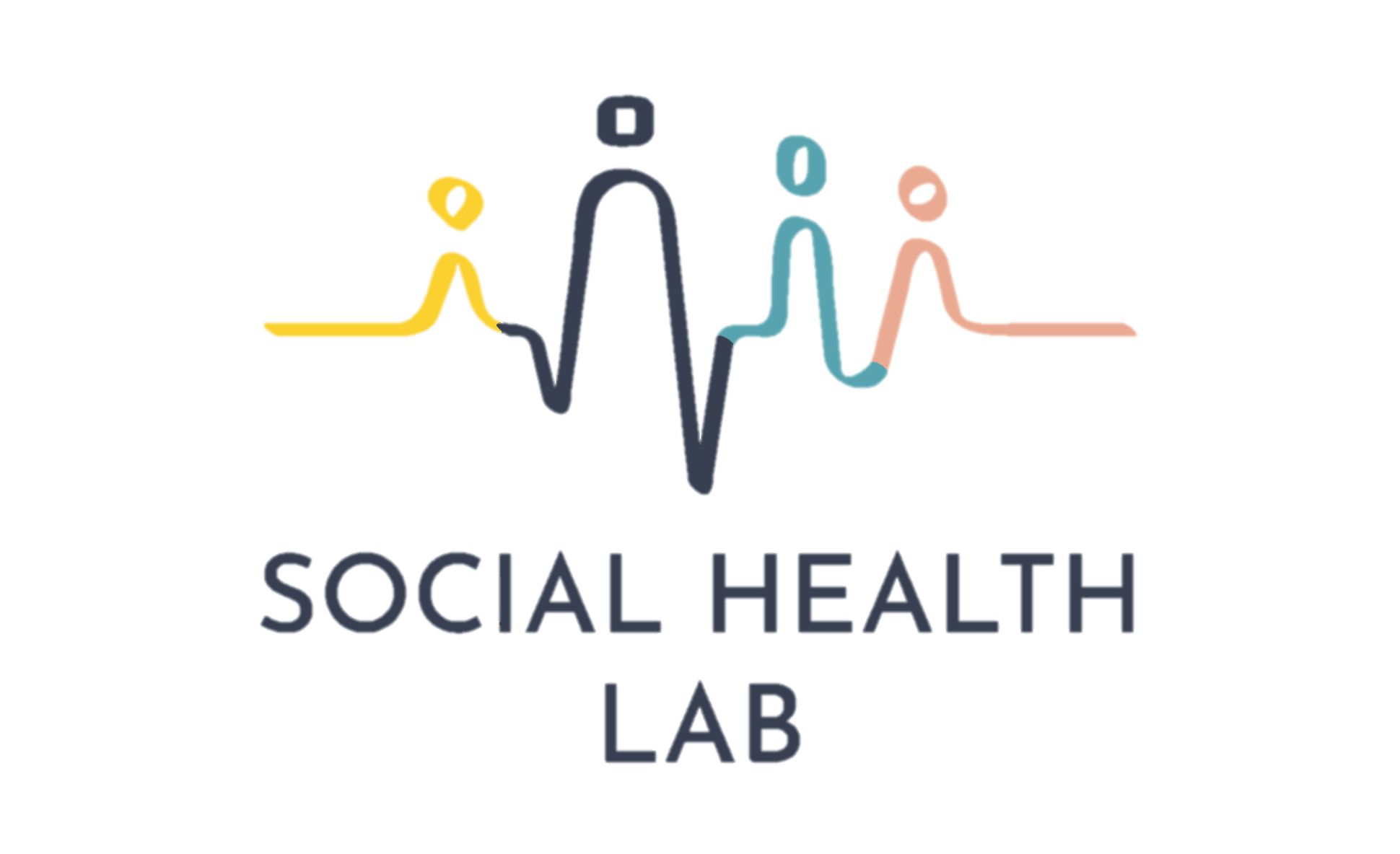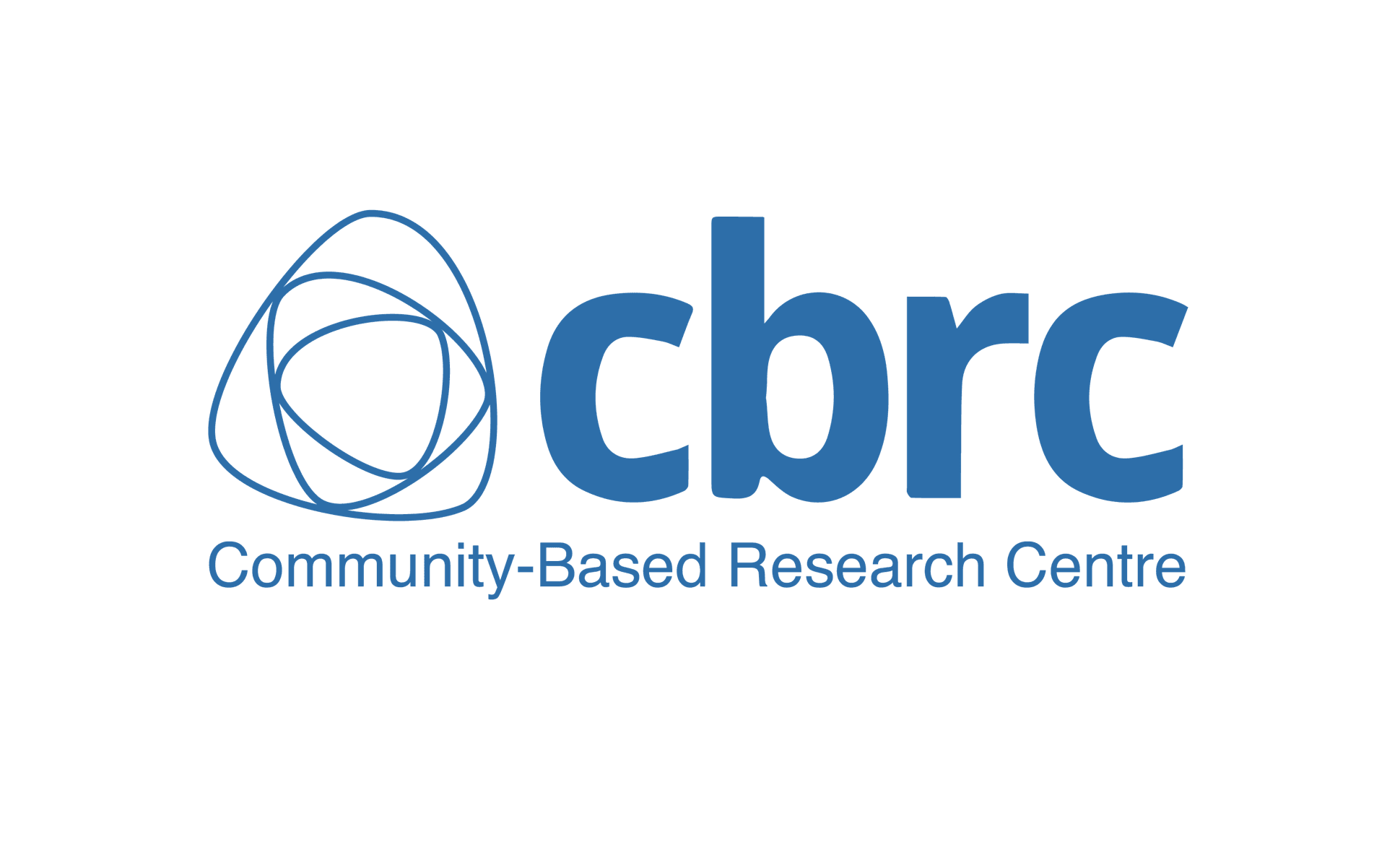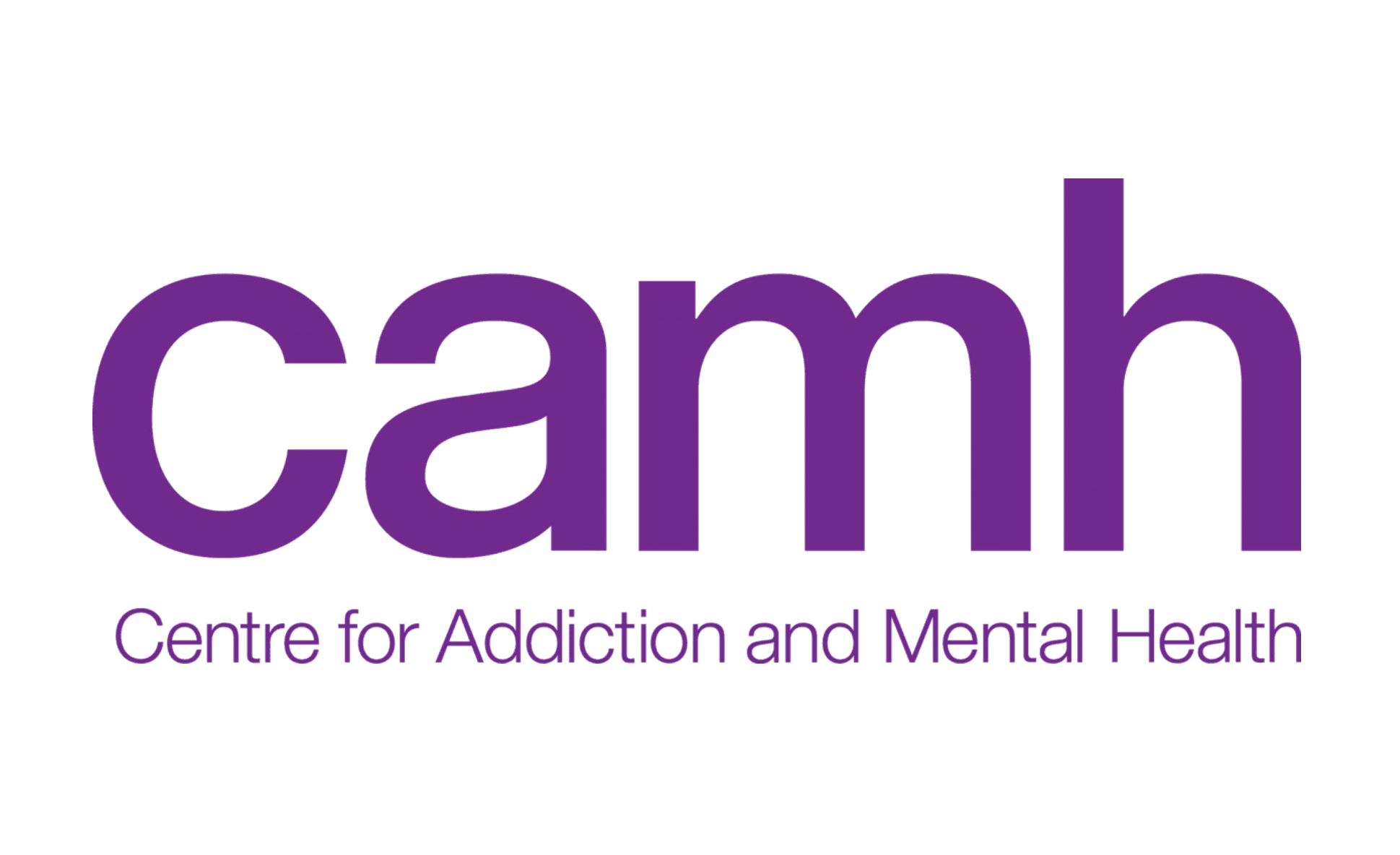Did you know social connection is the key to living a happier, healthier, and longer life?
Like food and exercise, social connection is a fundamental determinant of our health, happiness, and longevity. Our recommended public health guidelines for social connection provide evidence-based guidance for fostering healthy social lives at the individual and community levels.
Decades of research show that the quality of our social lives is critical to our health and happiness.
Social connection is a basic human need. When we lack meaningful and fulfilling social connections, we experience loneliness. Similar to hunger and thirst, loneliness is our body's way of telling us what we need. When we fail to meet these needs, we experience severe negative impacts on our mental and physical health.
Indeed, loneliness and social isolation lead to stress, inflammation, and a wide range of negative health effects. Studies show that these harms often outweigh those arising from obesity, sedentary living, and even smoking.
As such, building and maintaining strong social connections, through close relationships and everyday interactions, is essential for enhancing our overall wellbeing and quality of life.
Read more about why guidelines for social connection are important
13%
Estimated percent of people who experience loneliness often or always.
While all of us feel lonely sometimes, researchers estimate that approximately 13% of people in Canada are often or always lonely.
30%
Increase in odds for premature death among lonely people
Study after study demonstrates that social connection is a fundamental determinant of health and when people have low-quality social lives they are at significantly higher risk of death. In fact, social disconnection has been likened to smoking 15 cigarettes a day.
69%
The proportion of people who know someone who is chronically lonely.
Even if you don't often feel lonely, you probably know someone who does. Social connection takes two. You can be there for others.
Individual guidelines
Live longer and happier together
Our social well-being is shaped by many factors, including some outside of our control. Every person can take steps to improve their social life. The guidelines below offer evidence-based recommendations to help individuals meet their social needs.
- Make social connection a priority throughout your life
- Social connection is a basic human need for people of all ages, but meeting your social needs often requires time, effort, and intentionality.
- Learn more
- Cultivate social confidence in yourself and others
- Sometimes how we think and feel about ourselves and others makes social connection intimidating and difficult. These feelings are normal and they can be overcome with practice and patience.
- Learn more
- Build a strong social network with a variety of kinds of relationships
- A strong social network includes a variety of social connections across different domains of your life. This includes interactions of varying depth and quality as well as a variety of different types of relationships in different areas of your life.
- Learn more
- Invest in getting enough social connection
- Individuals need regular and frequent social interaction. This includes spending time with those we’re close to as well as with other people we are less familiar with.
- Learn more
- Maintain and deepen your relationships with others
- Positive relationships are among the most important contributors to our health and happiness. However, all relationships require care and attention to thrive.
- Learn more
- Seek out face-to-face interactions and use technology wisely
- Technology is an important tool for facilitating social interactions, but it is important to ensure that we do not replace face-to-face connections with online ones.
- Learn more





Community Guidelines
Build strong, connected communities
Communities thrive when everyone feels connected and supported. The guidelines below provide recommendations for communities and their leaders. By implementing these guidelines, we can reduce and prevent loneliness, social isolation and disconnection.
- Promote awareness of the importance of social connection
- All organizations play an important role in facilitating social interactions and creating norms that make social connections easier.
- Learn more
- Foster healthy social and emotional development
- Strong emotional and social skills foster health and happiness. To achieve these skills, communities should facilitate and support individuals at all stages of life to refine their social skills and meet their varied social needs.
- Learn more
- Make social connection a priority in policies and practices
- Policies and practices across all layers of governance play an important role in shaping social wellbeing. Many policy areas that are not immediately relevant to social connection or health can have profound consequences on social and community wellbeing.
- Learn more
- Design environments for connection and invest in social events, activities, and programs
- Built, natural, and social environments play an important role in facilitating social interactions.
- Learn more
- Improve accessibility and inclusion for all people
- While all human beings need social connection, people in every community can experience barriers to accessibility and inclusion. These barriers can create unique vulnerabilities to loneliness, isolation, and disconnection. Communities must work together to remove these barriers.
- Learn more
- Measure and make progress towards improving social wellbeing
- Achieving social wellbeing at the individual and population levels requires ongoing investments in monitoring and improving social connection.
- Learn more
Case Study
How Workshops are Helping Men Get Connected: Pemberton's Men's Sheds
Pemberton, British Columbia, Canada
Pemberton Men's Shed, established several years ago in Pemberton, British Columbia, is part of a global movement originating in Australia that aims to reduce loneliness and social isolation among elderly men, particularly in rural areas. Initially focused on providing a tools library, the group has grown into a vibrant community offering a range of social and recreational activities such as hiking, fishing, and collaborative construction projects that foster camaraderie and friendship. Despite challenges from the COVID-19 pandemic, the Shed secured grants to renovate a new workshop space, which will soon officially open. With a membership of about 17 men, the group hopes to expand and continue its successful community initiatives, like building birdhouse kits for children, thereby enhancing both individual well-being and community connections.

Feedback
What do you do to get the social connection you need?
You don't have to be an expert to give good advice! Share your favourite ways to stay connected and how these interactions help you feel supported.
“Last year, I joined a local 2SLGBTQ+ hiking group called "Out in the Woods." It provides a great opportunity and excuse to connect with other queer people in my community and has really improved my sense of connection.”
“I know its sort of weird to a lot of Canadians, but I talk to my parents every day. They live back home in India. I couldn't imagine not keeping in touch with them. It's what keeps us connected.”
“One of my favourite ways to connect with my coworkers is to invite them to grab a coffee and go for a walk. Getting out of the office allows me to see a different side of them by breaking the social scripts that keep us from authentically connecting.”
“I spend a lot of my time volunteering. Maybe too much time! It gives me a purpose and a community. Sometimes I joke that I would pay them to let me work there.”
“During the pandemic my family started having a monthly zoom call. Its been a great way to keep in touch with my parents, brothers, and sisters even though we live all over the country.”
“Keeping to a routine has worked best for me. I meet one friend every week for coffee. I try to talk to our neighbours every day. My wife and I have people over to our house at least once a month for dinner. Making these habits keeps us connected.”
“I live alone and am retired. My social life is pretty simple. But chatting with folks at the grocery store or other dog walkers in my neighbourhood gives me a sense of connection. I always feel happier after striking up a conversation.”
All submissions are subject to our terms and conditions. Please see our privacy policy.

Development Process
How the guidelines were created
In the 1940's, nutrition guidelines provided public health guidance for wartime food rationing. Decades later, physical activity guidelines were developed to address soaring levels of sedentary behaviour. More recently, researchers have developed lower-risk substance use guidelines for cannabis and alcohol use to make sure that the harms from these substances are minimized. In each case, these and other evidence-based guidelines have provided straightforward strategies for healthy living and are key tools for clinical and public health practice.
In the wake of COVID-19, declines in mental and social well-being have highlighted the urgent need for Social Connection Guidelines. That’s why GenWell and the Canadian Alliance for Social Connection and Health have partnered with experts from around the globe to develop recommended public health guidelines for social connection that will raise awareness regarding the importance of social connection as a key determinant of health and well-being.
To develop these guidelines, we employed a multi-step approach to develop public health guidelines for social connection, integrating both qualitative and quantitative research techniques. The core component of this effort involved iterative rounds of surveys and feedback from a global panel of social connection experts who helped us to draft the recommended public health guidelines presented here.
This approach was complemented by a series of focus group interviews with key populations, evidence reviews of existing literature, and rapid surveys designed to provide empirical insights and preliminarily assess the feasibility and acceptability of the proposed guidelines. By combining such methods, we were able to capture and integrate diverse views and perspectives to arrive at a consensus of recommendations for what public health guidelines for social connection should include.
- The Canadian Institutes for Health Research funded the development of public health guidelines for social connection.
- June 2022
- Our team began conducting rapid evidence reviews to gather evidence related to key aspects of social wellbeing.
- September 2022
- Over 100 global experts on social connection are convened to develop our public health guidelines for social connection.
- May 2023
- We initiate public consultations with 1000's of survey respondents and 60 focus group participants in order to refine guidelines.
- January 2024
Evidence Briefs
What does the research say about social connection?
As part of our guideline development process, we reviewed hundreds of studies to answer key research questions related to various dimensions of social connection and their impact on our health and happiness.
- What shapes our social health?
Explore how individual traits, interpersonal relationships, community environments, and societal structures shape our social health in this comprehensive evidence brief.
Keep reading
- How many friends do you need?
Research shows that having more close friendships can significantly enhance health and reduce loneliness. Learn the optimal number of close relationships to maintain for mental and social wellbeing based on insights from the latest studies.
Keep reading
- How much social time do we need?
Discover how much social time you need to avoid loneliness and improve well-being. Learn about the ideal balance of social interaction to maintain strong relationships and emotional health.
Keep reading
- How can people cope with loneliness?
Explore evidence-based interventions and personal coping mechanisms to overcome loneliness in our comprehensive evidence brief.
Keep reading


Evidence-base
Our guidelines are backed by decades of research.
Researchers have been studying the importance of social connection to health for over 100 years. As early as the 1960s, strong evidence emerged demonstrating the adverse health effects of social disconnection. Today, we recognize that our relationships and interactions with others are among the most crucial determinants of our health.
Building on this evidence, researchers are now exploring the mechanisms through which social connection shapes our well-being and how we can optimize our relationships for better health outcomes.
We have leveraged this research to develop evidence-based public health guidelines for social connection. Check out the studies that inform our recommended guidelines.
Get in contact with our team!
Whether you've got feedback about our guidelines or questions about how you can support our efforts, we'd love to hear from you!

